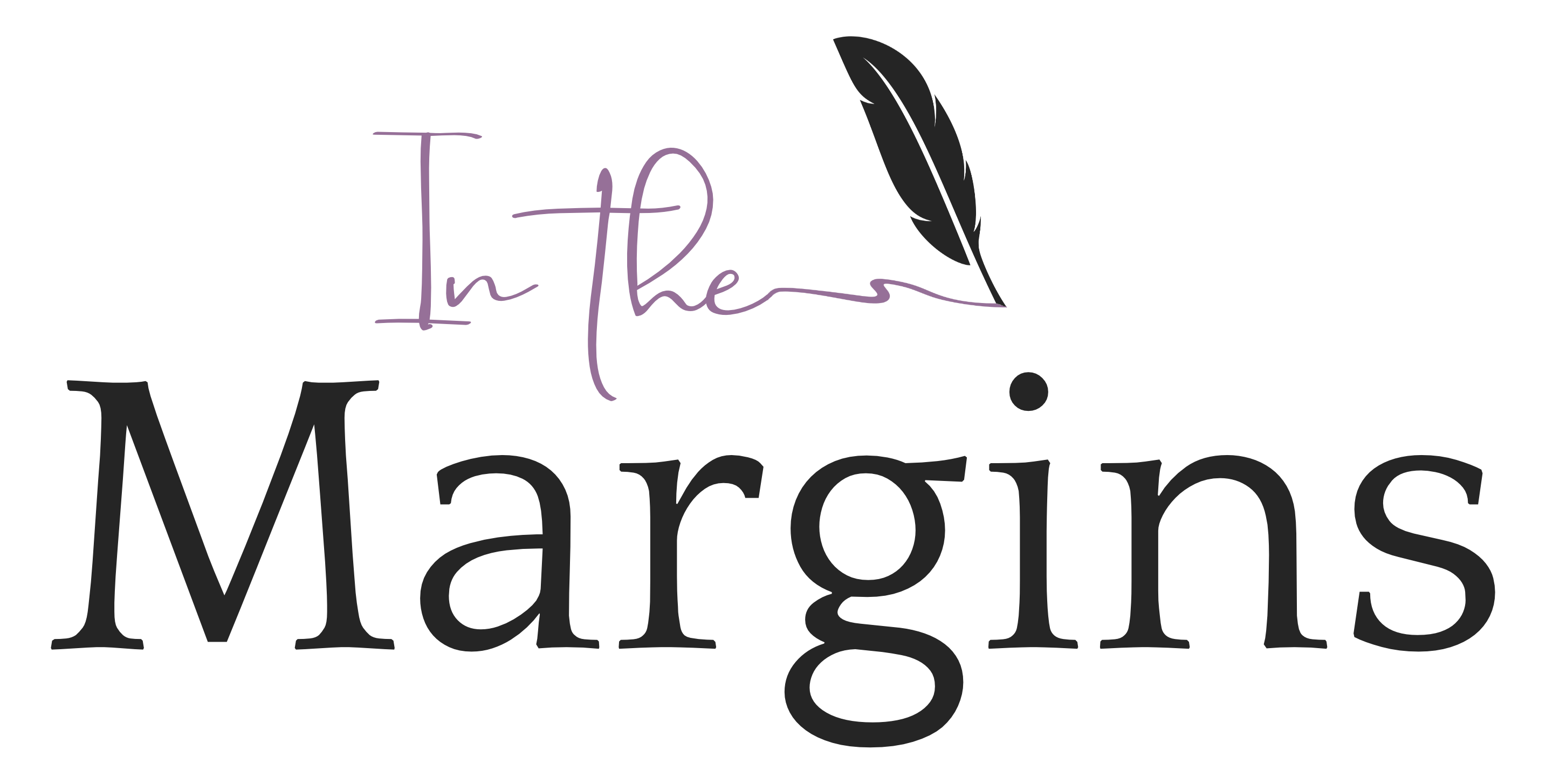Our mental health can be affected as we write—sometimes without us even realizing it. It’s important to be mindful of the emotional and mental investment we’re giving to our stories and to take a step back to protect ourselves when needed.
This is especially true when writing something that is dark, sad, or can otherwise trigger anxiety or depression.
How do we do this and remain committed to the story?
How exactly you manage this may depend on your process and what comforts you.
For some of us, it could mean a round of kickboxing to let out negative energy. For others, it may be a day at the beach with your toes in the sand, or a night curled up watching your favorite movie with a good snack.
Whatever it is, consider committing to a certain amount of time that you’ll remain “in” the story (timer included) before you pull yourself out for relief and release.
Here are a few things that works for me:
- Time by the ocean
- An easy hike or a walk through a park I love
- Videos of unlikely animal friendships
- Dinner with a good friend
- Binging my favorite comedy series or watching a romcom
- Getting lost in an easy, light-hearted video game
Next Steps
Find your source of energy, calm, and what returns you to your reality, and tap into that often enough that any heaviness from your writing doesn’t weigh you down.
Share Your Tips
How do you check in with yourself? What’s your favorite way to boost your mental and emotional health?
Share in the comments!




